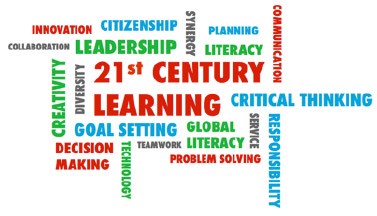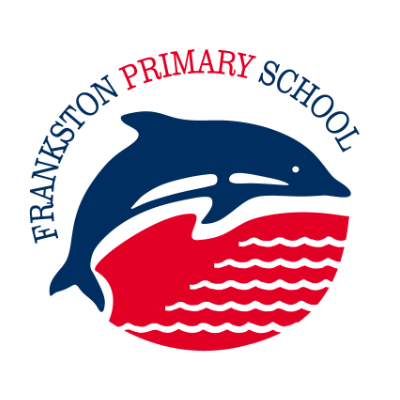Literacy & Numeracy
At Frankston Primary School we strive for educational excellence and provide a curriculum and learning and teaching practice that empowers our students to achieve their personal best in an inclusive, supportive and caring environment.
Frankston Primary School provides high quality instruction and learning programs with the aim to provide every child the opportunity to develop to his/her maximum potential in a supportive yet challenging environment.
Our school and teachers set high expectations and standards and strive to meet the individual learning needs of all students. Our teachers consider the knowledge, interests and abilities each student brings to the learning context, the skills and content taught from the Victorian Curriculum, how we can best support our students to learn (individual, cooperative groups, small groups and whole class instruction).
It is important to us that we provide a safe and secure learning environment for all of our students. We foster learning environments that support our students to achieve their personal best.

Literacy Learning
Literacy learning Prep – Year Six at Frankston Primary School encompasses an evidence-based Instructional Teaching Model that maximises student engagement and learning within every classroom. Ongoing and continuous monitoring of student learning assists our teachers in identifying student learning needs, growth and achievement, in order to cater for and set goals each student’s next steps in their learning.
Every classroom Prep – Year 6 literacy learning involves explicit and systematic teaching of the core ‘Big Six’ literacy skills:
- Oral Language
- Phonological Awareness
- Phonics
- Vocabulary
- Comprehension.
The ‘Big Six’ literacy skills are explicitly taught through the Victorian 2.0 Curriculum and include:
- Reading texts with fluency and phrasing
- Exploring text meanings and developing the skills and ability to reflect and think critically in response to texts read
- Explicit teaching of strategies for reading comprehension
- Exploring, building and unpacking vocabulary
- Writing a range of text types through active involvement in planning, composing, editing and publishing processes of texts
- Spelling, Grammar, Punctuation and Handwriting
- Building of memory words/high frequency words for recall
- Developing and demonstrating the appropriate oral language communication for varied audiences and occasions, including use of body language and voice
- Oral language development through a wide range of activities including oral presentations and performances.
Our literacy classrooms utilise rich texts throughout our explicit teaching, supporting all of our students in content rich learning across Language, Literature and Literacy learning – building reading, writing and speaking and listening skills from Foundation to Year 6.


Numeracy Learning
Frankston Primary School strives to create rich mathematical learning classrooms that promote and develop young, connected mathematicians. Our mathematics classrooms are based on the strong belief that we learn mathematics best through explicit teaching and a developmental approach to learning and teaching.
Our mathematical classrooms focus on:
- Students being highly active and engaged throughout the learning process
- Use of hands-on materials to support learning through ensuring strong visual connections to learning
- High focus on mathematical language
- Use of instructional games where appropriate
- Problem-solving / Investigative learning experiences
Our Mathematics program incorporates a developmental approach to student learning where our teachers focus on students building on concepts, skills and processes developed in earlier years, with these being revisited, strengthened and extended upon in later years in order to extend and deepen student knowledge, skills and mathematics understandings.
We follow the dimensions within the Victorian 2.0 Mathematics Curriculum: Number, Algebra, Measurement, Space, Statistics and Probability; and develop student’s skills by relating maths learning to four key mathematical proficiencies: Understanding, Fluency, Problem-solving and Reasoning.
The proficiencies of Understanding, Fluency, Reasoning and Problem-solving are embedded in all areas across Mathematics. Developing proficiencies in mathematics enables students to respond to familiar and unfamiliar situations by employing mathematical processes to solve problems efficiently and to make informed decisions. Developing proficiencies in mathematics also enables students to reflect on and evaluate approaches and verify that answers and results are reasonable in the context.

